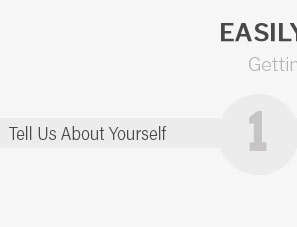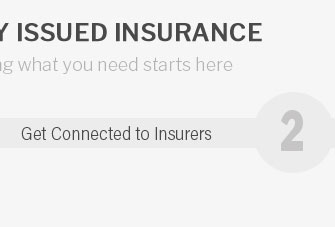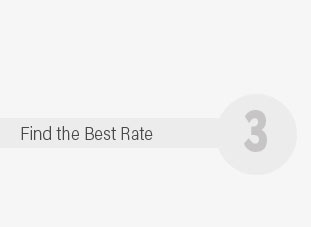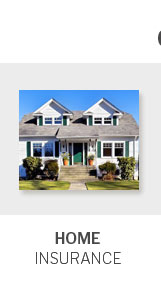 |
 |
 |
|---|
 |
 |
 |
 |
|---|
 |
 |
 |
 |
 |
 |
|---|

Exploring Discount Home Insurance: A Comprehensive GuideIn today's rapidly changing financial landscape, finding cost-effective ways to protect one's home is more crucial than ever. Discount home insurance emerges as a compelling solution for many homeowners seeking to balance comprehensive coverage with affordability. The quest for discounted premiums often involves navigating a maze of options, each with its own set of benefits and drawbacks. By understanding the nuances of discount home insurance, homeowners can make informed decisions that align with their financial goals and lifestyle needs. At the heart of discount home insurance lies the principle of providing coverage at reduced rates without compromising on essential protection. Insurers typically offer discounts to attract new customers or retain existing ones, presenting a win-win scenario for both parties. But how does one effectively tap into these discounts? It's a question that many find themselves asking, and the answers are more accessible than one might assume. One of the most common avenues to explore is the bundling of insurance policies. By combining home and auto insurance under the same provider, policyholders often receive significant reductions in their premiums. This strategy not only simplifies the management of multiple policies but also leverages the insurer's desire to offer incentives for customer loyalty. Real-world example: John, a homeowner in Chicago, managed to save 15% on his annual premium by bundling his home and car insurance, demonstrating the tangible benefits of this approach. Another effective method for obtaining discounted home insurance is to invest in home security systems. Insurance companies recognize the reduced risk associated with well-protected properties and often reward homeowners with lower rates. From installing smoke detectors to comprehensive alarm systems, these measures can yield substantial savings. Consider the case of Emma, a homeowner in Denver, who saw her premiums decrease by 10% after upgrading her home's security features, illustrating the financial advantage of proactive risk management. However, it's not just about tangible changes to the home. Homeowners can also benefit from discounts through their personal profiles. Non-smokers, retirees, or individuals with good credit scores might find themselves eligible for additional reductions. Insurance companies assess risk based on various factors, and those perceived as lower risk often enjoy better rates. Moreover, staying informed about potential discounts requires continuous engagement with the insurance market. Policy reviews and regular comparisons can uncover opportunities that were previously overlooked. The dynamic nature of the insurance sector means that offers are continually evolving, and what was unavailable yesterday might be accessible today. This proactive approach can be seen in the case of Linda, who, after reviewing her policy annually, discovered a new discount program that saved her an additional 5%. In conclusion, while the notion of discount home insurance might initially seem elusive, a closer examination reveals numerous pathways to achieving it. By leveraging strategic bundling, enhancing home security, understanding personal factors, and maintaining an active role in policy management, homeowners can significantly reduce their insurance costs. Ultimately, the key lies in awareness and action, empowering homeowners to protect their most valuable asset without undue financial strain. https://www.unionplus.org/benefits/insurance/homeowners-insurance
Choose coverage suited to your needs; Multi-policy discounts. Save more when you bundle. Enjoy the convenience of having ... https://www.libertymutual.com/property/homeowners-insurance/discounts
Home insurance discounts - Claims-Free. You'll save on your policy if you have not filed a claim with your previous insurance carrier for five years or more. https://matic.com/blog/homeowners-discounts/
We take a look at the most commonly-available homeowners insurance discounts so that you will have a better sense of what might be available to you.
|
|---|